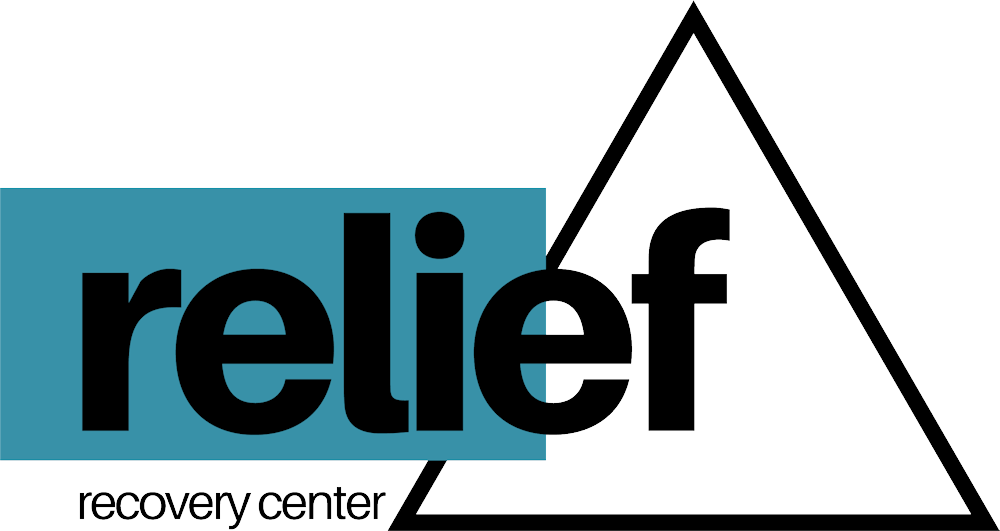If you have been looking into substance and alcohol use treatment, you may have seen the term day treatment. Embarking on a recovery journey from mental health or substance abuse issues often unfolds a myriad of treatment avenues. Amidst these, the term ‘Day Treatment’ emerges as a beacon of hope and a pivotal step toward healing. Officially recognized by the Bureau of Substance Addiction Services (BSAS) and the Department of Public Health (DPH), ‘Day Treatment’ is more than just a terminology—it’s a promise of a structured, supportive environment.
This post aims to unravel the concept of ‘Day Treatment’ and show its significance for individuals, families, and healthcare professionals alike. Understanding this level of care is crucial—it unlocks a realm of informed decisions and effective treatment plans.
What is Day Treatment?
Day Treatment stands as a linchpin in the recovery journey, especially for individuals grappling with substance abuse or mental health dilemmas. This unique model seamlessly bridges the transitional gap between inpatient or residential treatment and outpatient care. This level of care is often sought after detox or residential and allows for continued growth.
Duration and Frequency
- Committing to 20 to 25 hours per week spread across multiple days ensures a substantial focus on structured treatment while allowing a semblance of daily routine.
Living Arrangements
- With the liberty to reside at home or in a recovery living facility, Day Treatment nurtures a connection with one’s community and family, which is integral to creating a supportive environment conducive to recovery.
Core Services in Day Treatment
Drug Counseling
- Tailored strategies address the roots of substance abuse, explore triggers, and foster a commitment to sobriety.
Individual and Group Therapy
- These sessions form the cornerstone, providing a platform for processing experiences, developing coping skills, and building a support network.
- Often times there is both group and individual therapy session.
Access to Medical Care
- Medical care addresses mental health and co-occurring medical conditions, ensuring a holistic approach to recovery.
Medication Management
- Vital for individuals with co-occurring disorders, this aspect ensures safe and effective medication use and educates participants about their medication regimen.
Target Demographics
Outpatient care is particularly beneficial for individuals who have completed a detox or an inpatient program, offering a continued structured support system to navigate the challenges of reintegration into daily life.
Professional Team
Participants have the privilege of interacting with a multidisciplinary team of professionals, including therapists, medical doctors, and counselors, all working in unison to tailor a recovery plan suited to individual needs.
Effectiveness
Numerous studies underscore the effectiveness of Day Treatment, showcasing its role in fostering a smoother transition from a controlled environment to an autonomous lifestyle, while ensuring the necessary support and treatment continue unabated.
More Details
Psycho-Educational and Skill-Building Groups
- These groups equip participants with knowledge and skills essential for long-term recovery on a myriad of topics, from stress management to financial literacy.
Family Involvement
- Family plays a crucial role in recovery. These programs often include family therapy sessions and educational workshops to foster a supportive home environment.
Community Connection
- Community engagement is encouraged in programs, promoting a sense of belonging and support through interaction with community resources and support groups.
Reach out to Relief
Relief recovery is standing by and will provide answers to common questions you might have. Start your recovery journey today.



